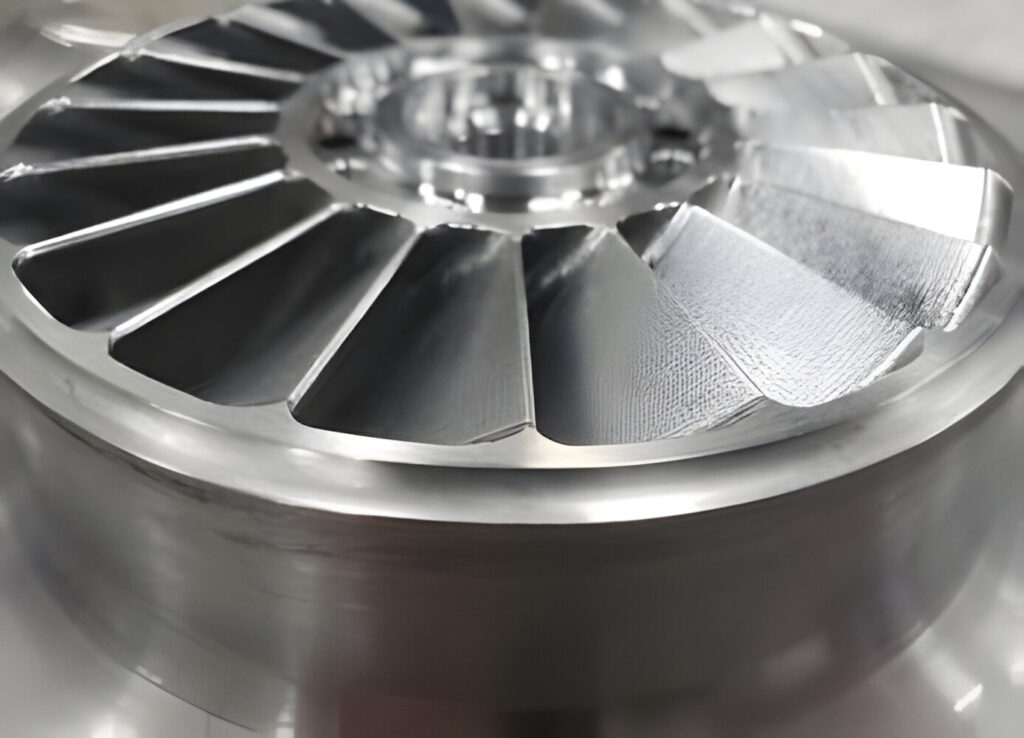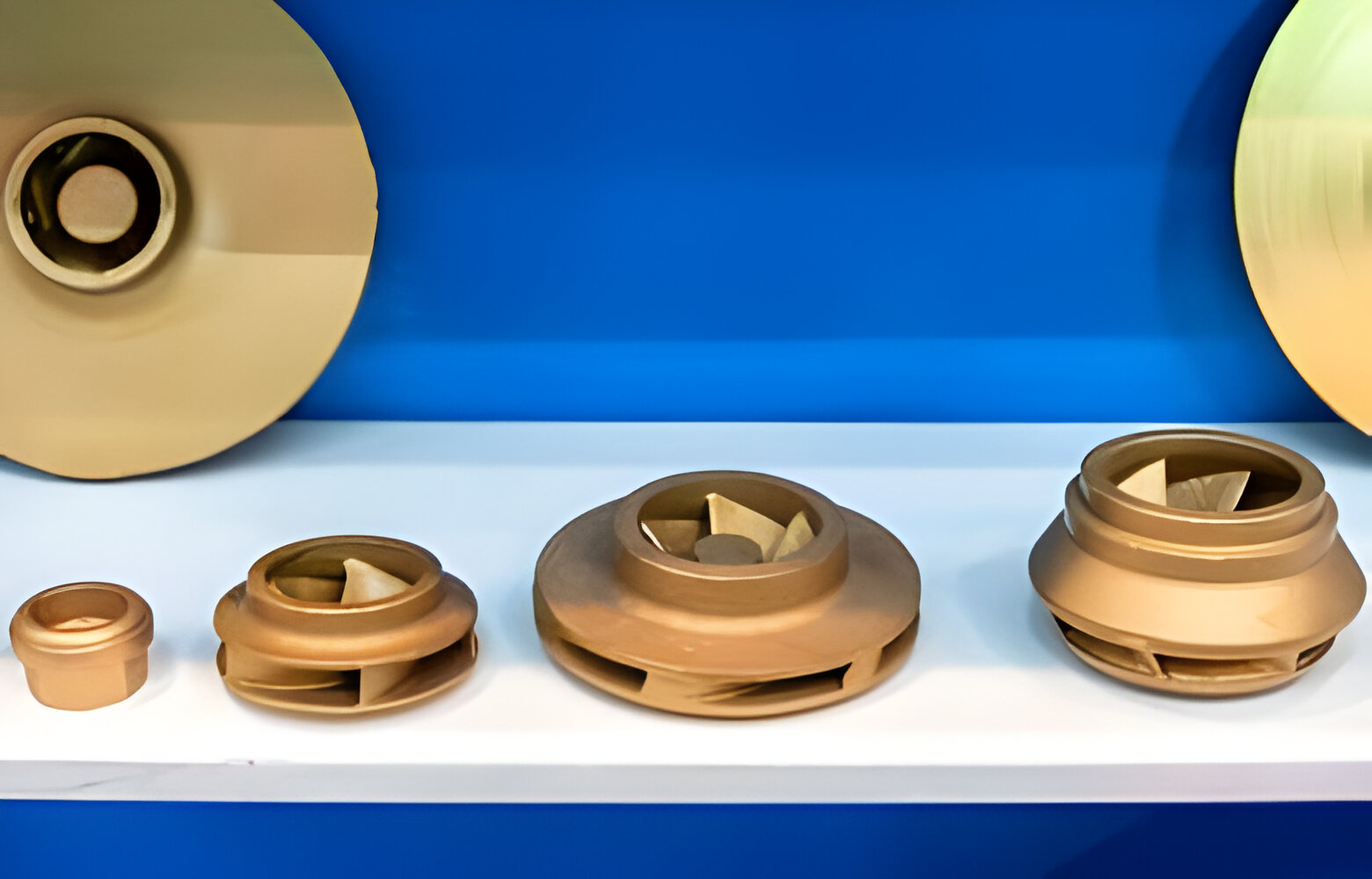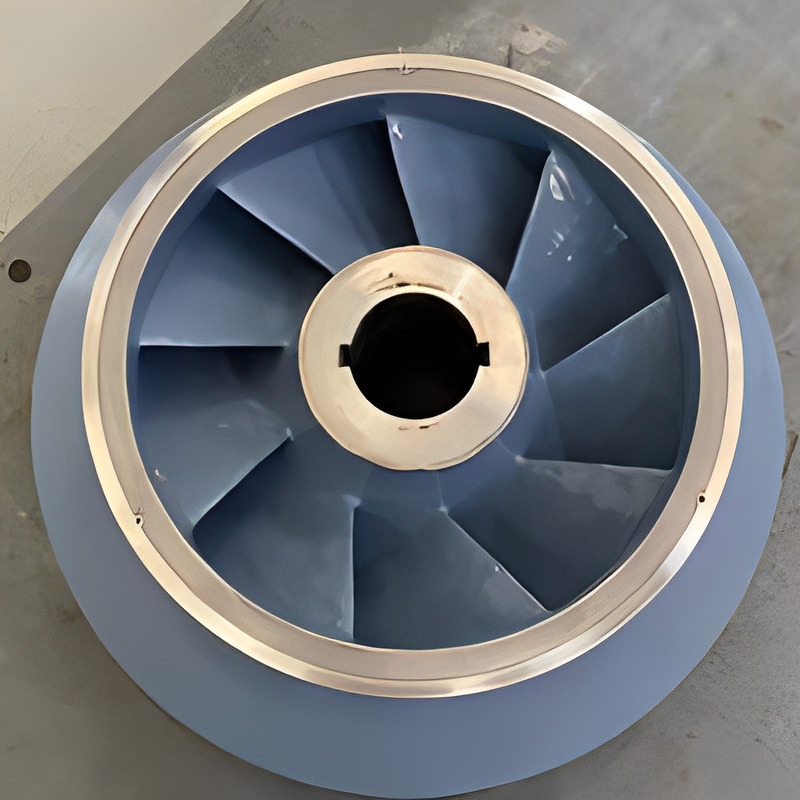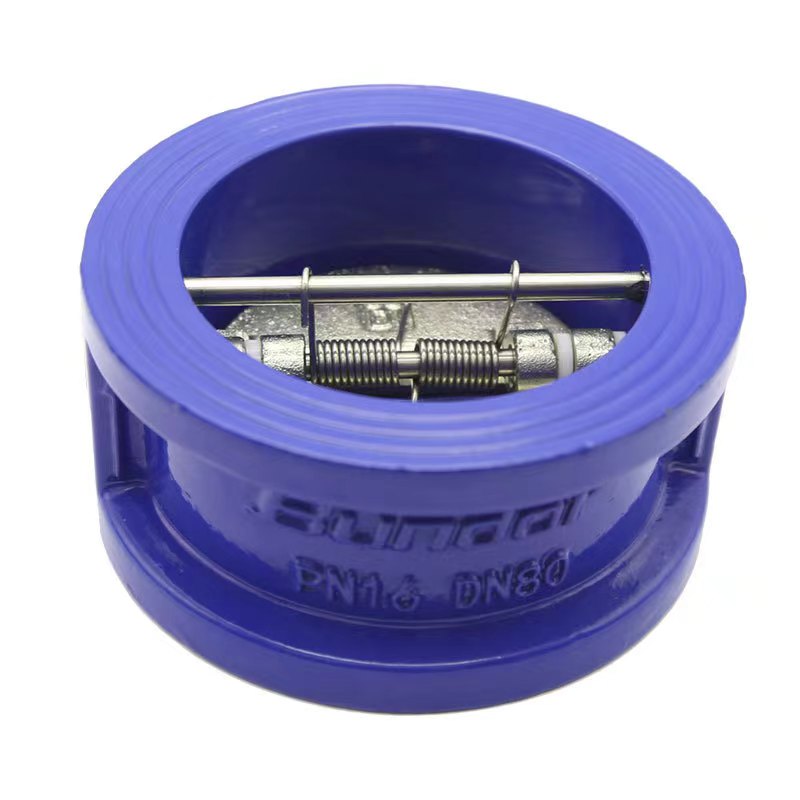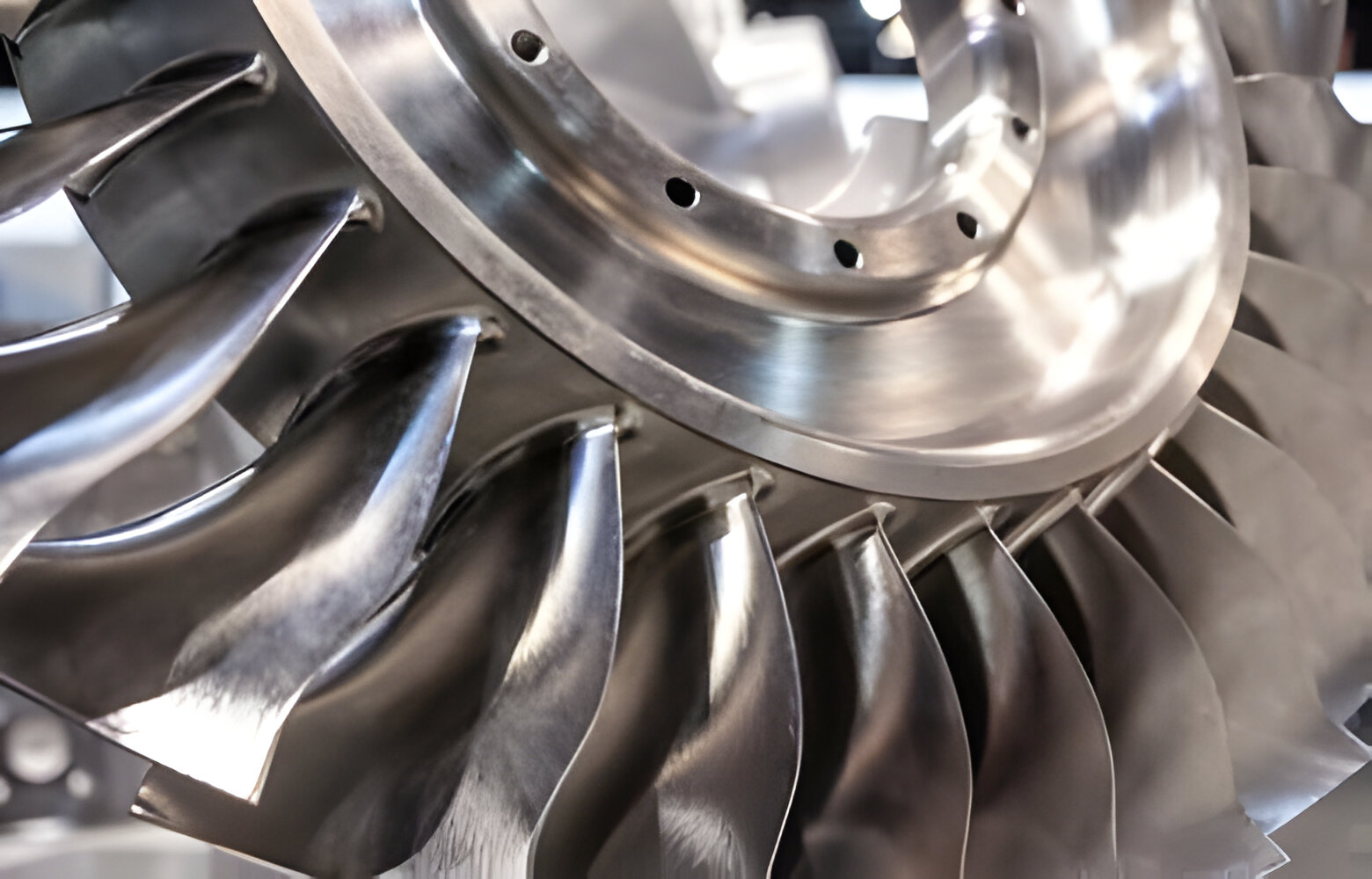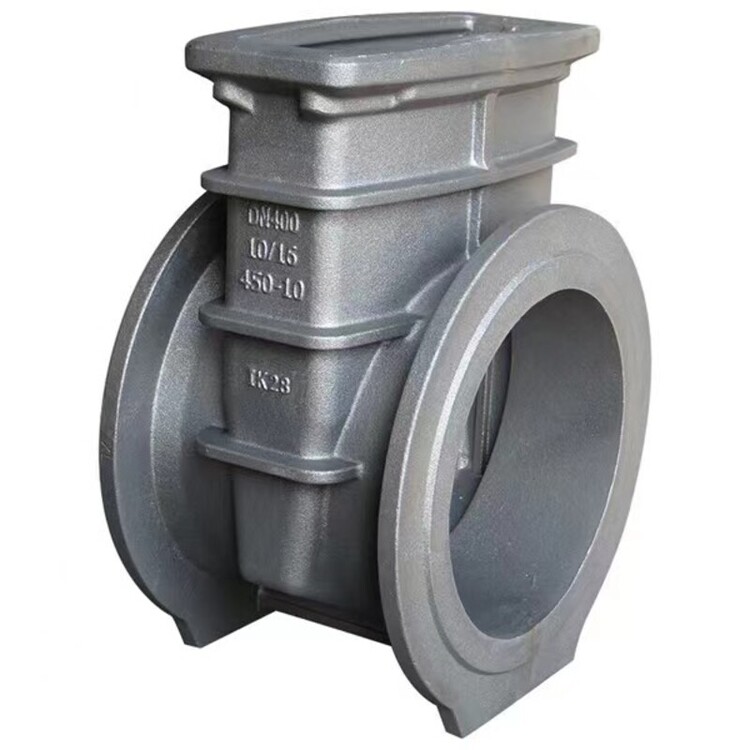In the realm of pump manufacturing, where efficiency and reliability reign supreme, impeller casting stands as a pivotal process driving performance and precision. Whether it's fuel pump impellers, centrifugal pump impellers, or water pump impellers for boats and pools, the quality of the impeller casting can significantly influence the overall efficacy of the pump system. Let's delve into the intricacies of impeller casting, its manufacturing process, and the impact it has on various industries.
Impeller casting, often referred to as investment casting or sand casting depending on the method employed, is the process of forming intricate impeller designs using molten metal. Stainless steel castings manufacturers play a crucial role in this process, utilizing advanced techniques to ensure the impellers meet stringent quality standards. One notable advantage of impeller casting lies in its ability to produce complex shapes with exceptional dimensional accuracy, a critical requirement for pump components.
The impeller casting process begins with the creation of a wax or foam pattern, replicating the intricate details of the desired impeller design. This pattern is then coated with a ceramic shell, creating a mold capable of withstanding the high temperatures of molten metal. Once the mold is prepared, the metal, commonly stainless steel or bronze, is poured into the cavity, filling the intricate channels and passages of the impeller design. After cooling and solidification, the ceramic shell is removed, revealing the finished impeller ready for machining and assembly.
One of the key advantages of impeller casting is its ability to produce impellers with precise geometries, essential for optimizing pump performance. Whether it's achieving specific flow rates, pressure characteristics, or minimizing cavitation, the ability to finely tune impeller designs through casting allows for tailored solutions to diverse pumping requirements. This flexibility makes impeller casting ideal for a wide range of applications, from industrial pumps to automotive fuel systems.
Moreover, impeller casting offers superior material properties compared to other manufacturing methods like sand casting. Stainless steel impeller casting, for instance, provides excellent corrosion resistance, crucial for pumps handling corrosive fluids or operating in harsh environments. Similarly, bronze impellers offer high strength and wear resistance, making them suitable for demanding applications such as marine propulsion systems.
When comparing materials, the debate between bronze impeller vs. cast iron impeller often arises. While cast iron impellers may offer cost advantages, bronze impellers typically outperform them in terms of corrosion resistance and longevity, particularly in marine and chemical processing applications. The choice between the two materials ultimately depends on the specific requirements of the pump system and the environment in which it operates.
Understanding how impeller pumps work is essential for appreciating the significance of impeller casting in pump manufacturing. Impeller pumps, commonly used in centrifugal pump systems, operate by converting rotational energy from a motor into kinetic energy, propelling fluid through the pump's volute and discharge port. The design and geometry of the impeller play a critical role in this process, dictating flow rates, pressure head, and efficiency.
In centrifugal pump systems, the impeller works in tandem with other components such as the pump diffuser to efficiently transfer energy to the fluid. The impeller accelerates the fluid radially outward, where it enters the diffuser, converting kinetic energy into pressure energy. This collaborative effort between the impeller and other pump components highlights the importance of precision manufacturing, particularly in impeller casting, to ensure optimal performance and reliability.
For OEMs seeking well-casted impellers for their pump systems, impeller casting manufacturers play a pivotal role in delivering high-quality components. Companies like KT Foundry specialize in impeller casting, utilizing state-of-the-art facilities and expertise to produce precision-engineered impellers for various industries. By leveraging advanced casting techniques and material knowledge, these manufacturers ensure that each impeller meets the stringent requirements of its intended application.
In conclusion, impeller casting stands as a cornerstone of modern pump manufacturing, offering unparalleled precision and performance for a diverse range of applications. From fuel pumps to water circulation systems, impeller casting plays a vital role in ensuring pump efficiency, reliability, and longevity. By understanding the intricacies of impeller casting and its impact on pump systems, OEMs and industries can make informed decisions to optimize their pumping solutions.

